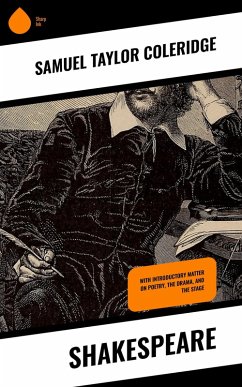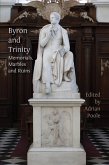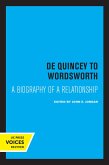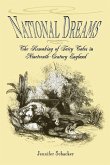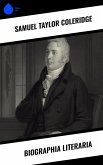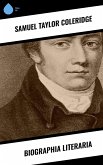In his illuminating work "Shakespeare," Samuel Taylor Coleridge delves into the intricate tapestry of William Shakespeare's plays, elaborating on their profound themes, rich characters, and the poetic structure that defines his lyricism. Coleridge's literary style is characterized by its analytical depth and philosophical insight, reflecting the Romantic era's admiration for emotional intensity and natural expression. Contextually, the book emerges during a period of burgeoning interest in Shakespeare's work, as Coleridge attempts to elevate the playwright's artistic merit and explore the moral and ethical dimensions woven into his narratives. Coleridge, a prominent figure in the Romantic movement, was deeply influenced by the tumultuous cultural landscape of the early 19th century, where the reevaluation of classic literature became a catalyst for artistic innovation. His own experiences as a poet, philosopher, and critic shaped this study, allowing him to appreciate Shakespeare not merely as an entertainer, but as a profound social commentator whose works engage with the complexities of human existence and morality. This critical examination is a must-read for enthusiasts of Shakespearean literature and scholars interested in Romantic critiques, as it empowers readers to explore the timeless relevance of Shakespeare's plays. Coleridge's passionate insights invite a deeper understanding of character motivations and overarching themes, encouraging readers to experience the universality of Shakespeare's genius.
Dieser Download kann aus rechtlichen Gründen nur mit Rechnungsadresse in A, B, BG, CY, CZ, D, DK, EW, E, FIN, F, GR, HR, H, IRL, I, LT, L, LR, M, NL, PL, P, R, S, SLO, SK ausgeliefert werden.

